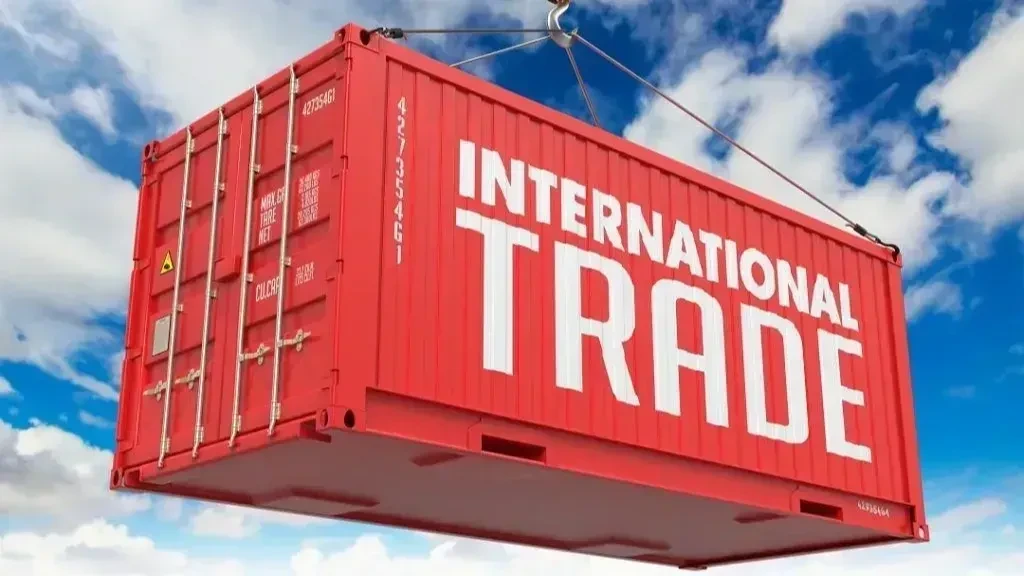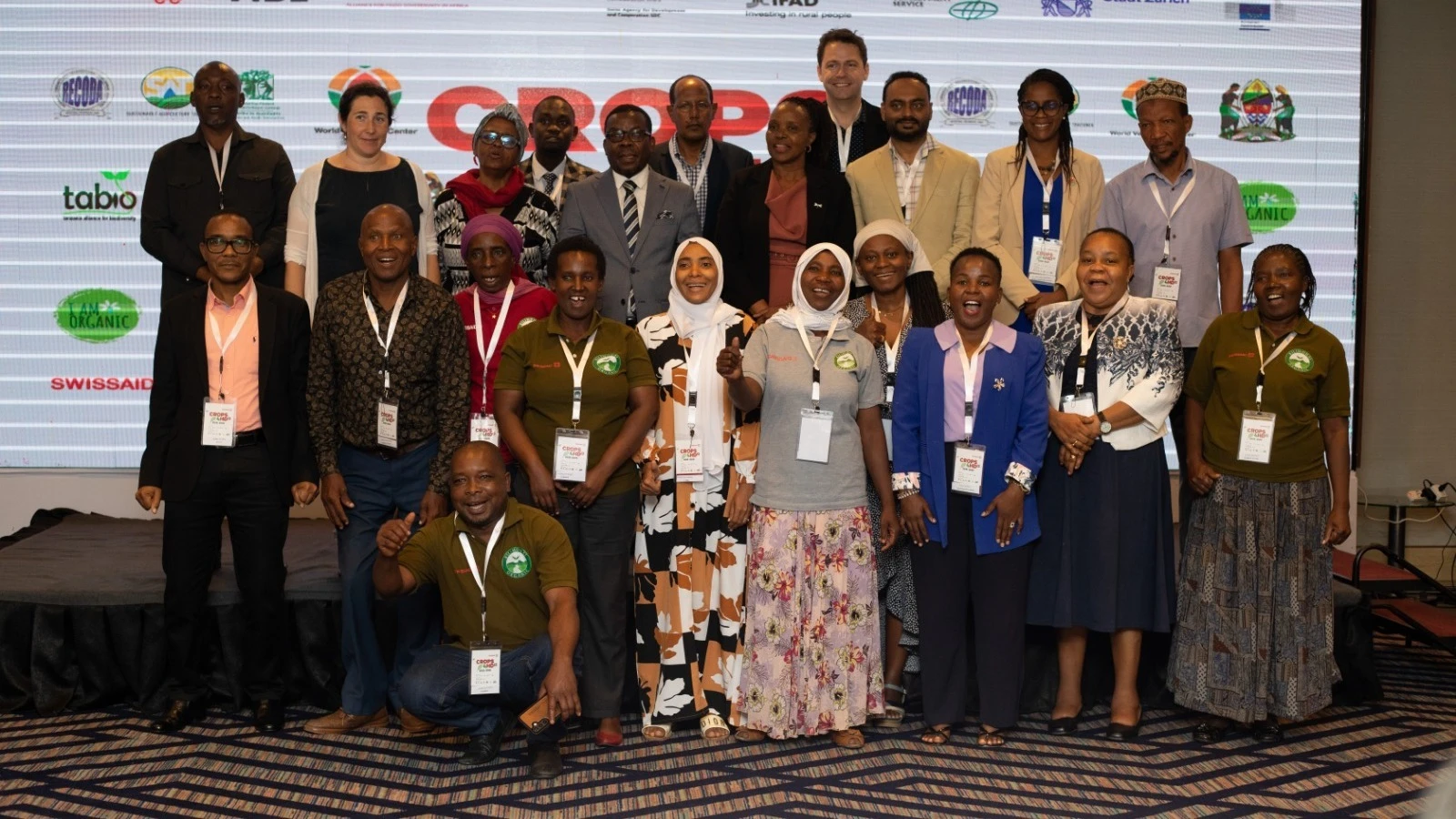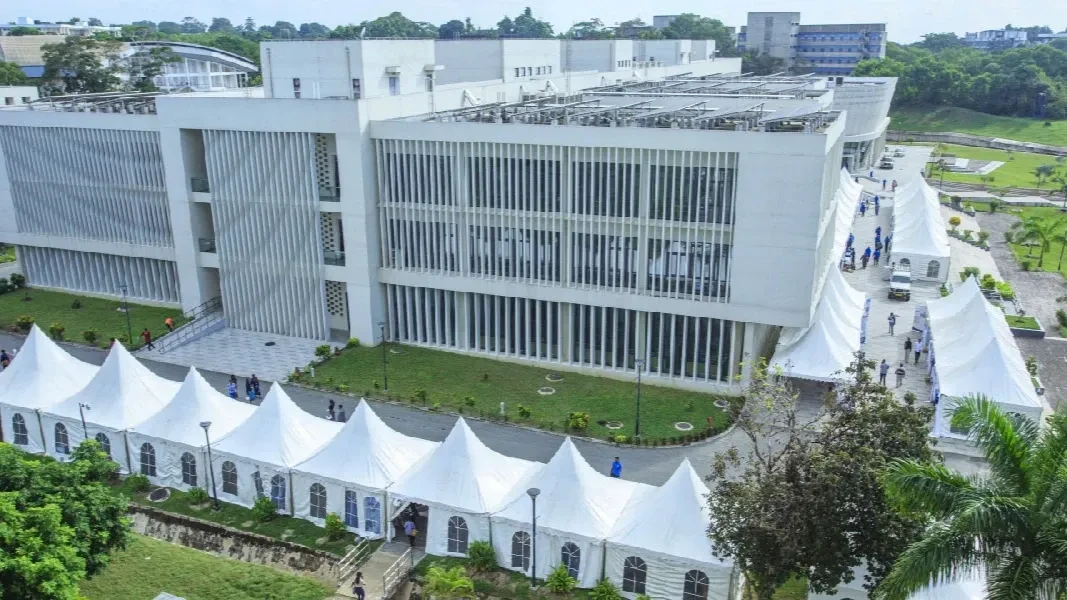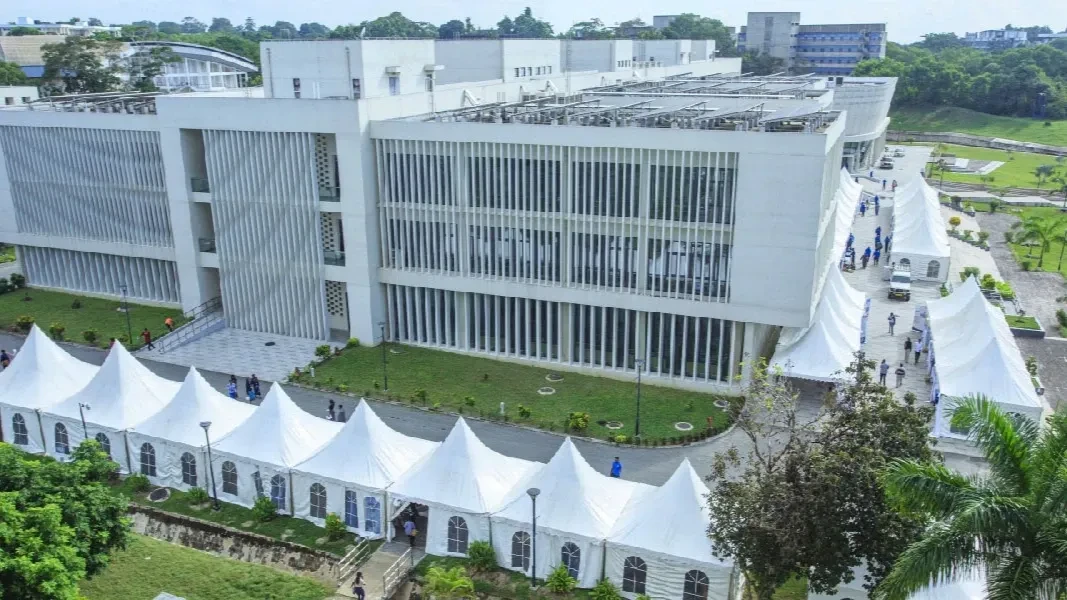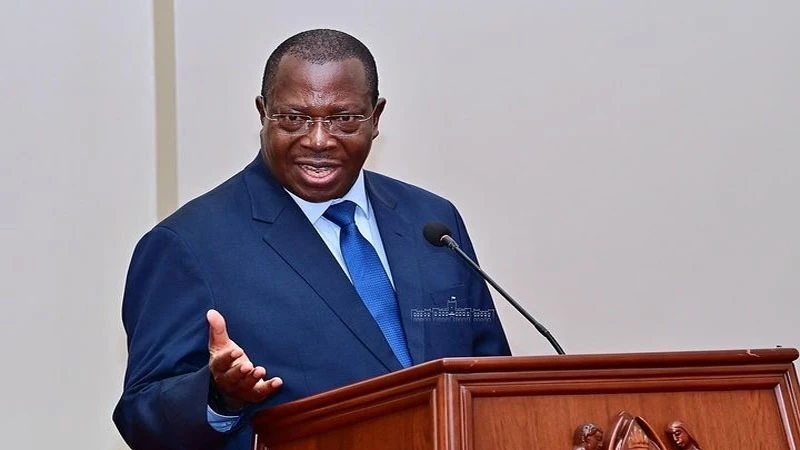Donors’ pumping of 161bn/- into health sector financing real cause for optimism

GOING by reports received towards the end of last week, our country registered a decisive stride towards strengthening primary healthcare and advancing universal health coverage.
The government was said to have secured a total of US$55.56m (161bn/-) from our development partners directed to the health sector, though with innovative disbursement mechanisms rather than direct budget support. This provision is relevant as in better days the government’s priority was budget funding.
There was a ceremony for signing the new Health Basket Fund (HBF) provisions for fiscal 2025/2026, representing a significant increase from US$44.3m delivered in fiscal 2022/2023.
The HBF is a joint financing arrangement involving Tanzania on the one hand and development partners including Canada, Denmark, Ireland, Korea, Switzerland, the UK, the World Bank, UNFPA and UNICEF.
The government is clear that the fund is a reliable and critical source of financing for primary healthcare, and there is intent to maintain the specific mechanism where the fund’s resources were channelled directly to 7,345 health facilities nationwide in the previous disbursement.
It admits that this supports service delivery and driving transparency, efficiency and local ownership in managing healthcare.
Since its inception in 1999, the HBF has disbursed more than US$1.3bn (3.2trn/-) to support the implementation of the country’s health sector strategic plans.
This sort of detail is relayed to the public as praise for the design of the programme, including that it gives public primary healthcare facilities greater autonomy to manage budgets and operations.
Donor officials and health administrators alike concur that this approach has enhanced accountability and helped strengthen citizen engagement through health facility governing committees.
Donor agencies have to sit down and design schemes where they need to rely on the committees to participate in planning, budgeting and monitoring of service delivery.
The reason is that aid agency executives, who are country mission diplomats, don’t have to pick up the phone and demand to known how funds were used at the ministerial level or in district councils as the proper site of project implementation.
So the whole idea of praising the mechanism is warranted but insufficient, as it begs the question of how long foreign agencies will have to send cash to health centres to stop misuse.
The fact that this scheme is being reinserted and even amplified in the fact that the 2025/2026 agreement marks the return of the UK to the basket fund partnership is significant.
The government sees this as reinforcing the shared commitment of donors to Tanzania’s healthcare priorities, which is not explicit enough, as there was no reason for the UK to leave the field and then return later.
Some reasons can be set out, among them steep healthcare scares after the US withdrew from the World Health Organisation, putting at risk epidemic control, maternity and newly born care, etc. However, we should not expect anyone to put up with any confirmed structural foul play for too long.
Top Headlines
© 2025 IPPMEDIA.COM. ALL RIGHTS RESERVED










